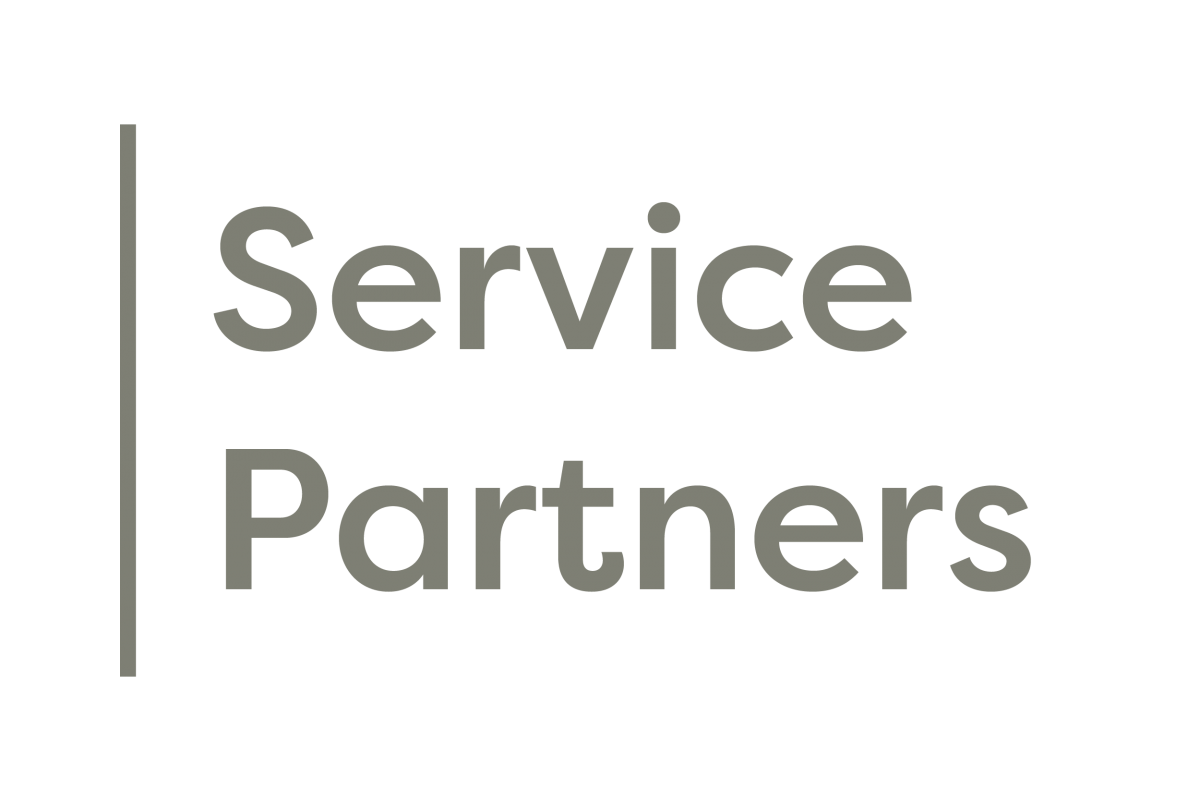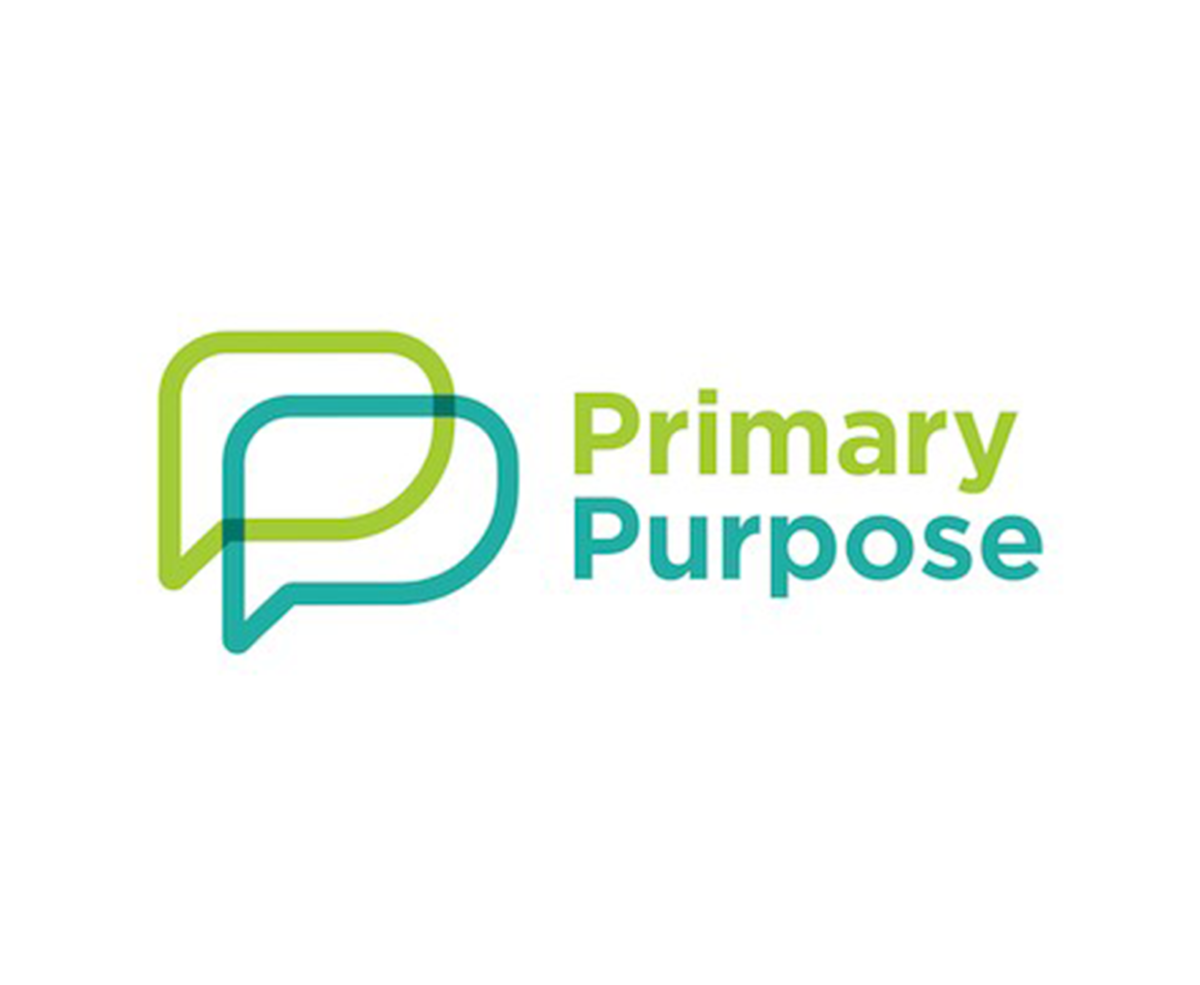Executive Summary
New Zealand’s pastoral industry was founded on the breaking in of the land, and the romanticised image of cattlemen droving stock across rugged countryside remains a powerful image, even today. In abrupt contrast, however, is the more recent focus on stock access to waterways and its power as a catalyst for intense debate about water quality.
The aim of this report is to better understand the manner in which the problem of stock access and proposed solutions have been constructed. The approach used involves a case study of the Marlborough region. Ten individuals from a cross section of the community were interviewed in depth to gain insight into the values, experiences and understandings they had of the issues in question. Essentially a piece of qualitative research, the interview data was extended through an analysis of both the published and grey literature, including policy documents, discussion papers and media reports. Participant observation, was an additional component.
Participants framed the water quality problem in different ways. There was no consensus either on the scope or nature of the problem. There was some general acceptance that stock access as a component in hill and country farming was different from stock access in the lowlands, due to relative density of stock numbers in both areas. Almost all interviewees believed there was little difference between dairy and beef cattle in terms of their impact on water quality.
What were presented as issues of stock access on further examination were viewed as symptomatic of broader environmental concerns, including the intensification of agriculture over the past two decades, habitat destruction, and lack of pest management.
Perception was identified by interviewees as shaping the views of of the general public. The “community” was referred to as demanding of change, yet it was difficult to get an understanding of who makes-up that community. Most interviewees had some connection to farming in their background and their childhood experiences of local rivers became important to their narrative.
Council representatives saw stock access problems as easily address through better communication between their staff and farmers to encourage riparian planting and fencing. Farmers with experience of fencing and riparian planting identified numerous barriers to resolving the issues.
The report makes a number of recommendations.
- We need to develop good frameworks to ensure that environmental problems are well defined. We cannot underestimate the importance of the problem definition at the outset.
- Members of local communities need to be empowered, and given the agency, to determine their desired water quality and environmental outcomes, as part of a regular and iterative process. Fundamentally, this is about values.
- It is important to recognise that science has a critical role in informing the development of people’s opinions, informing options for possible solutions, and in comparing relative degree or extent of an issue. But science alone will not provide us with the answers; they exist within the community.
- We need to think carefully about our discourse, how we communicate our intentions, our experiences, and our beliefs. Language is more powerful than we might first realise.
The stock access debate is as much about how environmental and social problems in New Zealand, in regions, in local communities are constructed and pieced together as it is whether stock should be allowed access to waterways.
In the midst of much debate, discussion and heightened interest, and on the cusp of recommendations from Central Government that will determine the pathway forward for stock access, I consider that we need to crystalise our thinking on the problem definition. It is time to return to the problem definition, and acknowledge and debate the preconceptions and assumptions that are contained within that definition. Put simply, I believe the problem needs reframing.
![]() Exploring Stock Access: Perspectives on Framing the Problem and Solutions – Kristy McGregor
Exploring Stock Access: Perspectives on Framing the Problem and Solutions – Kristy McGregor


























